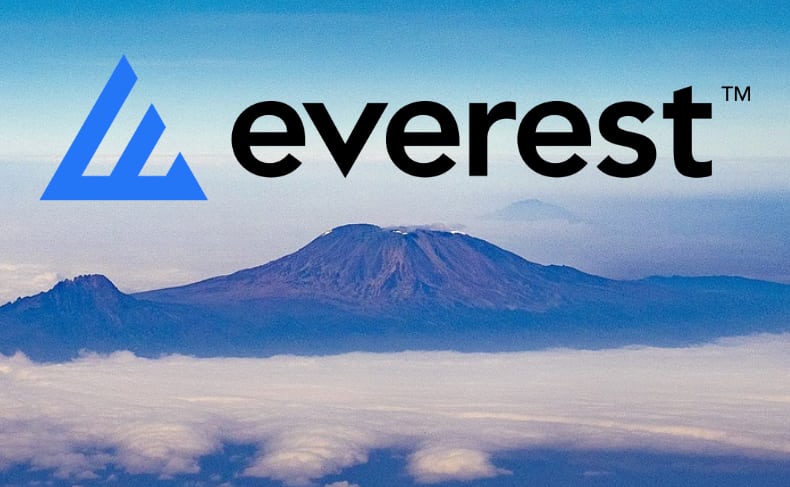Everest gets hurricane Ian cat bond recovery, cites record reinsurance growth

Everest Group, formerly known as Everest Re, has reported record growth in its reinsurance segment, as the company leaned into the hard market conditions to secure higher returning business.
Everest, like many others, has recognised that reinsurance rates are now at a level where they will much better cover the losses and costs, while the improvements in terms and shift up the risk tower mean a likelihood there is far less volatility from frequency loss events in the results of a reinsurance portfolio.
Announcing its results yesterday, Juan C. Andrade, Everest President & CEO said, “Everest’s second quarter performance was outstanding as we leaned into the hard reinsurance market. We continued to grow premiums, while expanding margins, resulting in strong increases in quarterly underwriting profits, net income, and record operating income. We delivered an operating ROE of 21.8% and a record annualized Total Shareholder Return in excess of 25%.
“Our lead market position in reinsurance, combined with best-in-class execution and dynamic capital deployment, enabled us to take advantage of favorable market conditions and drive significantly higher risk adjusted returns. We also continued to advance our diversified and disciplined global primary insurance franchise, which is benefiting from firming rates. In addition to the excellent underwriting profit in the quarter, we generated nearly $360 million in net investment income with our well positioned portfolio. Our exceptional talent, diversified platform and underwriting discipline give us significant firepower to continue delivering on our objectives and capitalizing on abundant market opportunities, which are expected to continue well into 2024.”
The company reported what it calls “record reinsurance growth” amounting to a near 27% increase in gross written premiums year-over-year, in constant dollar terms.
At the same time, the Everest reinsurance division reported a combined ratio of 85.9%, the lowest of Everest’s two divisions, as insurance reported a 92.7% CR.
Lower catastrophe losses meant the reinsurance attritional combined ratio came out at 84.7% for the quarter.
With around $2.8 billion of reinsurance gross premiums written, Everest said this is “a new quarterly premium record for the segment,” while the growth recorded was “broad-based across geographies and lines.”
Everest has reported 34.7% growth in property pro-rata, 29.6% growth in property catastrophe risks, and 16.2% in Casualty pro-rata.
The company said that the main features of the second-quarter were a continuation of “pricing increases” and said that an ongoing “flight to quality continues globally.”
Catastrophe reinsurance pricing was up 47.5% in North America and 29.2% Internationally, while Everest noted that terms and conditions continued to improve as well.
Such strong growth in reinsurance and positive commentary about the quality of reinsurance portfolio underwritten, has a robust read-across both for Everest’s own collateralized third-party capital vehicle Mt Logan Re, and for the entire ILS market.
Mt. Logan Re sources its business from the Everest book and this year there will be ample risk to share, with higher returns available to investors in the sidecar like structure.
Finally, Everest also revealed that it has benefited from its catastrophe bond program in the second-quarter of 2023, with a $30 million recovery made from one of the Kilimanjaro Re cat bond deals.
This recovery was triggered by hurricane Ian and with the Kilimanjaro Re cat bond series all structured with an industry-loss trigger based on data reported by PCS, it seems the latest increase in industry loss estimate from that reporting agency has finally triggered a cat bond deal for Everest.
The $30 million cat bond recovery was used to partially offset Everest’s catastrophe loss burden in Q2 of this year.






